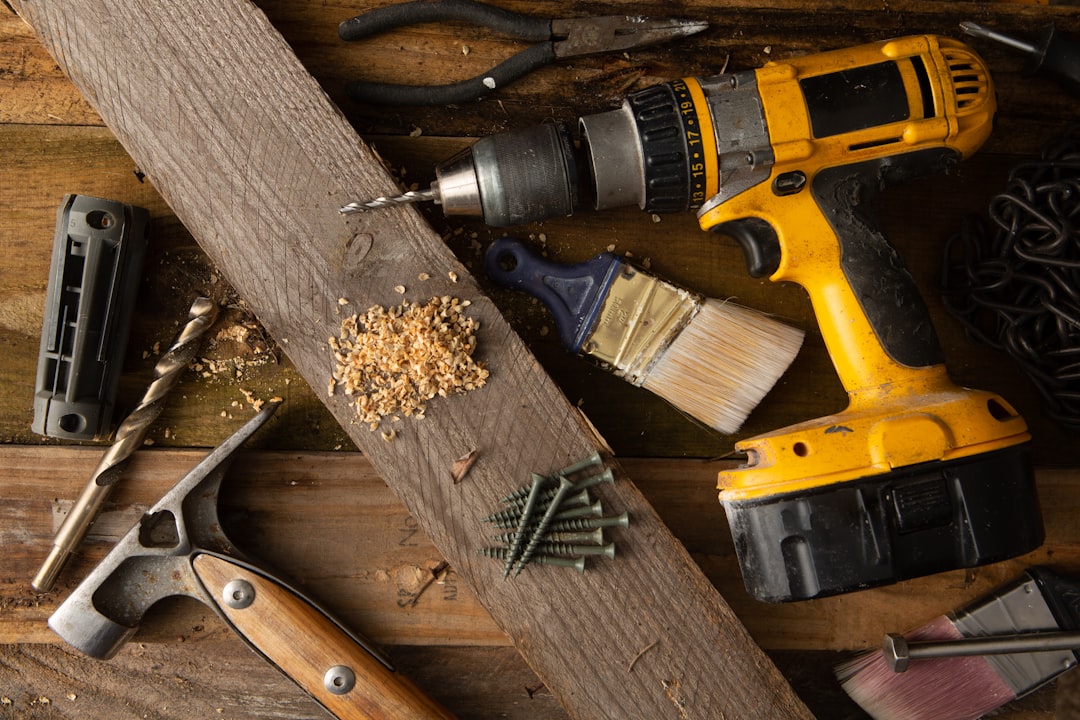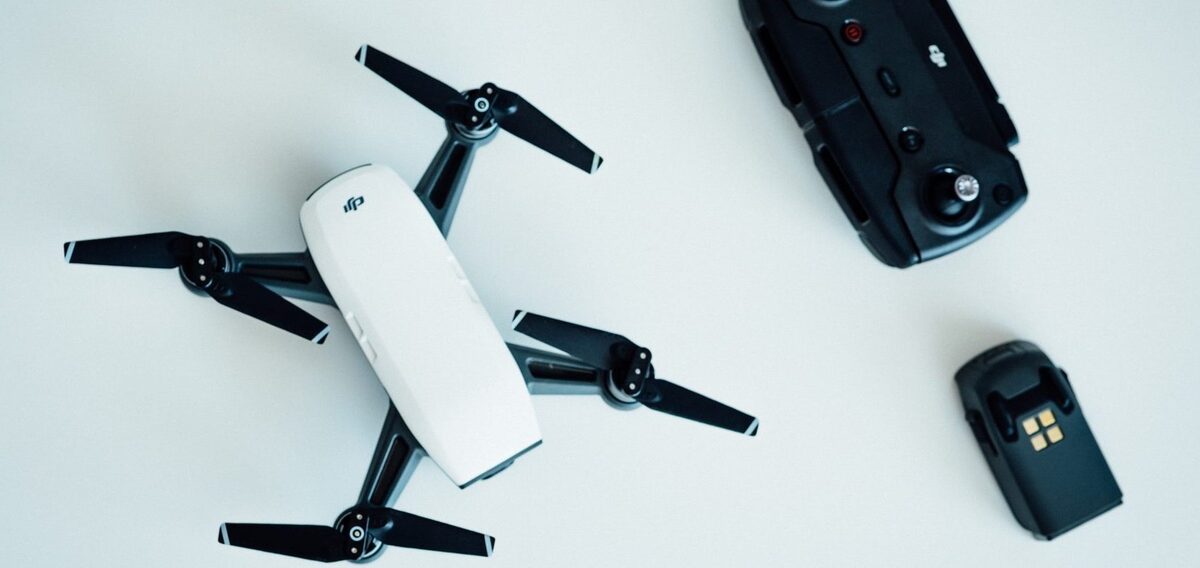Table of Contents
In recent years, the property inspection industry has witnessed a technological transformation through the integration of Artificial Intelligence (AI). These advancements are not only saving time and reducing human error, but they are also making real estate processes more efficient and data-driven. From residential homes to commercial facilities, AI-powered tools have become valuable assets in improving the accuracy and speed of property inspections.
Property inspections are a crucial component of the real estate industry. Whether it’s buying a new home, evaluating damage after a natural disaster, or assessing the upkeep of rental property, inspections ensure that buildings meet safety and quality standards. Traditionally, these inspections have been conducted manually, but new AI-based solutions are changing that.
So, what kind of AI tools are being utilized in property inspections today?
Types of AI Tools Used in Property Inspections
- Computer Vision and Image Analysis: AI-powered image recognition software analyzes photos and videos of properties to detect structural issues, water damage, mold, cracks, or other visible flaws. Inspectors can upload inspection images, and AI systems flag anomalies within seconds.
- Drones and Aerial Imaging: AI-integrated drones provide high-resolution imagery and can access hard-to-reach areas such as rooftops or high-rise exteriors. These drones use machine learning algorithms to detect damage or wear without the need for human involvement.
- Predictive Analytics: AI can analyze historical data to predict potential future issues. For instance, it can forecast when HVAC systems might fail based on usage patterns and age, allowing proactive maintenance.
- NLP-Powered Report Generation: Natural Language Processing (NLP) tools assist in automatically generating reports from spoken notes or written observations, greatly speeding up the documentation process.

Benefits of Using AI in Property Inspection
The integration of AI into property inspections offers a number of advantages:
- Time Efficiency: AI tools can quickly process vast amounts of data, allowing for faster inspections without compromising quality.
- Increased Accuracy: Image recognition and data analysis reduce the likelihood of human error and ensure that even the smallest issues are detected.
- Cost Reduction: By automating parts of the inspection process, property managers and inspectors can cut labor and operational costs.
- Improved Safety: Automated drones and sensors can inspect hazardous or inaccessible areas, reducing the risk to human inspectors.
Additionally, AI-based platforms are increasingly being integrated with Internet of Things (IoT) devices. These smart-connected devices provide real-time data from sensors installed in properties, offering further insights into temperature fluctuations, humidity, leaks, or structural integrity.
Use Cases in the Real World
Several companies and platforms are leading the way in bringing AI to property inspections:
- Tractable: This company uses AI to evaluate home and vehicle damage through photos, allowing for instant insurance claims and repair estimates.
- ClickInspect: By using mobile inspection tools with AI-driven features such as photo recognition and report automation, ClickInspect has streamlined inspection workflows substantially.
- HOVER: This tool leverages smartphone photography and AI to create 3D models of a property, aiding in measurements and home improvement inspections.

Challenges to Consider
Although AI tools bring tremendous value, there are also some challenges:
- Data Privacy: Collecting and storing detailed property data may raise concerns regarding user privacy and data management.
- Training and Adoption: Field professionals must be trained to understand and utilize these tools effectively, which can lead to additional upfront investment.
- Regulatory Compliance: AI-generated inspections must be aligned with local and national housing codes and standards, which may not always be up to date with technological developments.
Despite these concerns, the momentum behind AI in property inspections suggests this technology is here to stay. As algorithms grow smarter and platforms become more integrated, the future of property inspection promises to be faster, more accurate, and increasingly automated.
Frequently Asked Questions (FAQ)
- Can AI completely replace human inspectors?
No. While AI can analyze data and detect patterns more efficiently, human expertise is still crucial for making nuanced judgments and validating AI findings. - Are AI inspection tools expensive?
Prices vary by tool, but many cloud-based solutions offer flexible subscription models. Long-term, they often lead to cost savings by improving efficiency. - Do these tools require internet access?
Most AI platforms do require internet for processing and cloud-based storage, but some features may work offline and sync data later. - Is training required to use AI inspection tools?
Yes. Most vendors offer training or tutorials to help users understand how to maximize the benefits of AI-based inspections.

